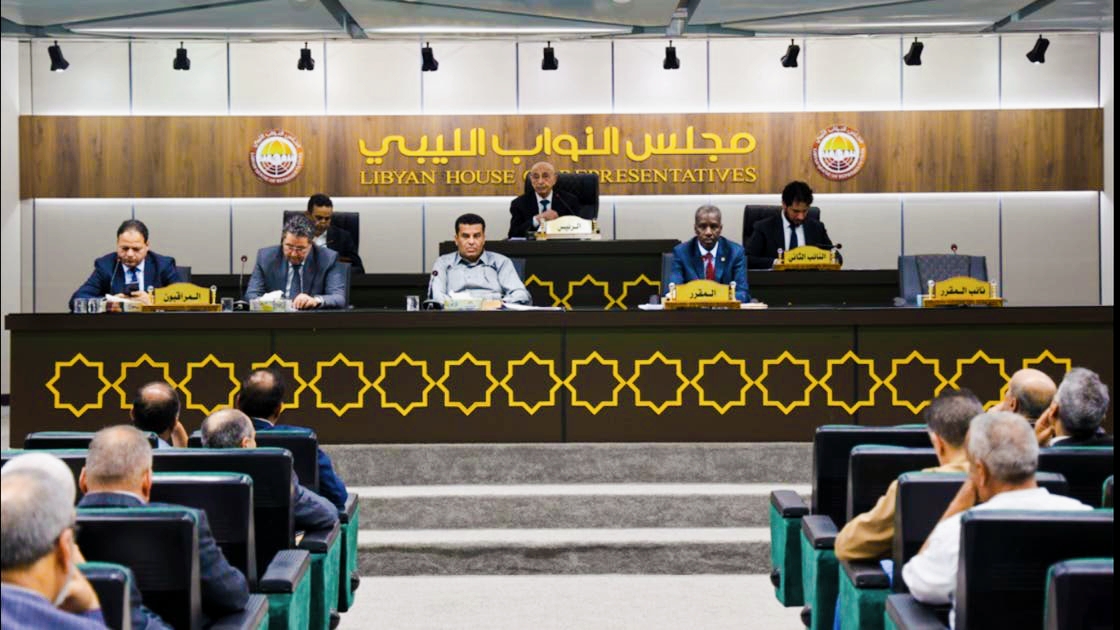Libyan Parliament Faces Internal Conflict Amid Leadership Dispute

Internal tensions are rising within the Libyan parliament following a contentious exchange between President Aguila Saleh and his deputies, Fawzi Nuwairi and Misbah Duma. The disagreement centers on decision-making authority and operational procedures within the legislative body, underscoring the serious divisions facing the parliament during this pivotal time in Libya's political landscape.
The conflict was initiated when Nuwairi and Duma issued an official letter to Saleh, urging him not to "monopolize decision-making on matters within the council's jurisdiction." They stressed the necessity of adhering to collective decision-making processes to ensure transparency and legal compliance.
Saleh's response, however, was terse and dismissive; he characterized the deputies' concerns as "an insignificant reservation" in a document circulated by local media. This reaction has been interpreted as a rejection of their requests and a failure to acknowledge their perspectives.
In retaliation, Nuwairi and Duma sent a follow-up letter, asserting that Saleh's handling of their concerns "does not align with institutional protocols and fails to reflect a commitment to legal standards or public accountability."
They pointed out that the term "insignificant reservation" is typically reserved for personal matters, not for state institutions, arguing that Saleh's remarks undermine parliamentary integrity and diminish their roles. They reiterated that the parliament must function under a unified legal framework, representing all citizens rather than individual interests.
This escalating tension among the parliamentary leadership has laid bare the ongoing crisis within the legislative institution. Reports from local media suggest that there are moves to remove Aguila Saleh from his position, further complicating the political situation in Libya.
Analysts warn that if this conflict persists, it could threaten the parliament's cohesion at a time when the UN envoy to Libya, Hanna Titi, is relying on the legislative body to facilitate a comprehensive political process aimed at achieving national consensus and preparing for forthcoming elections.
